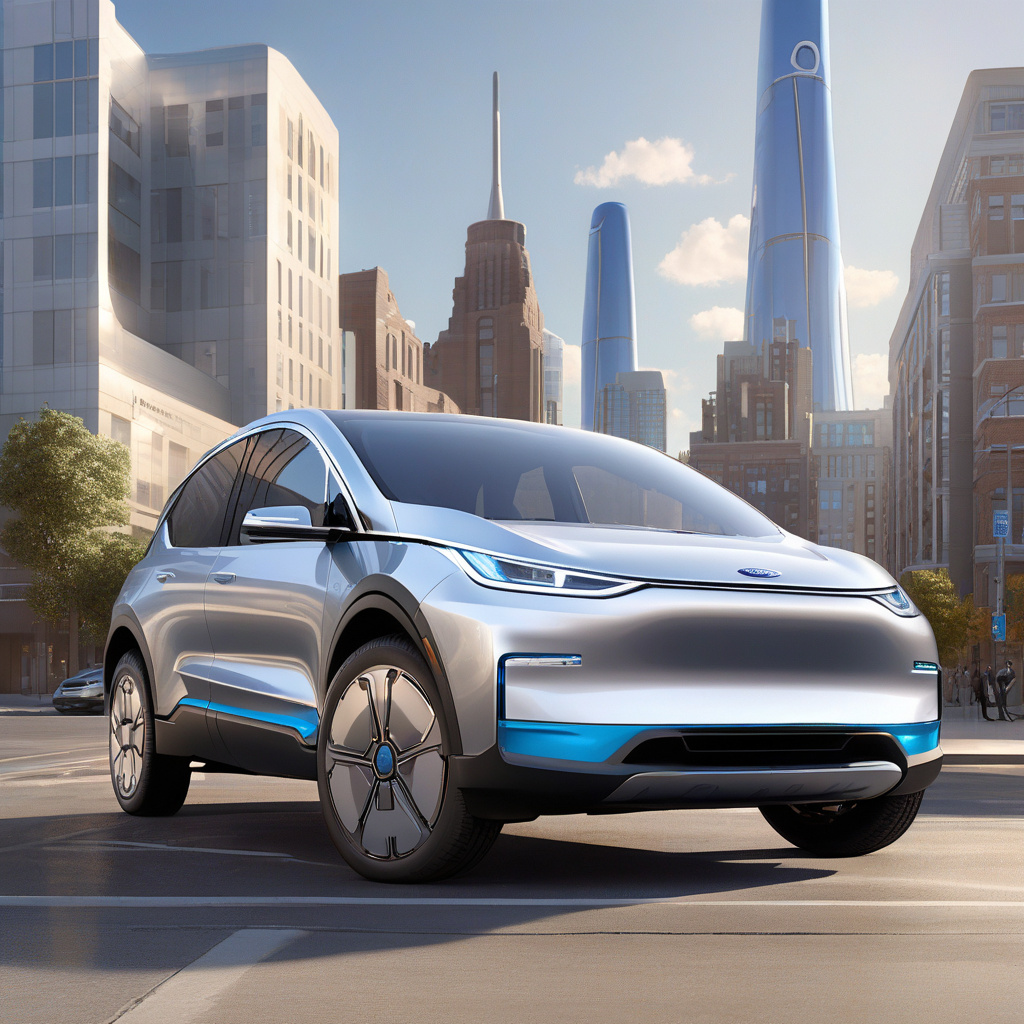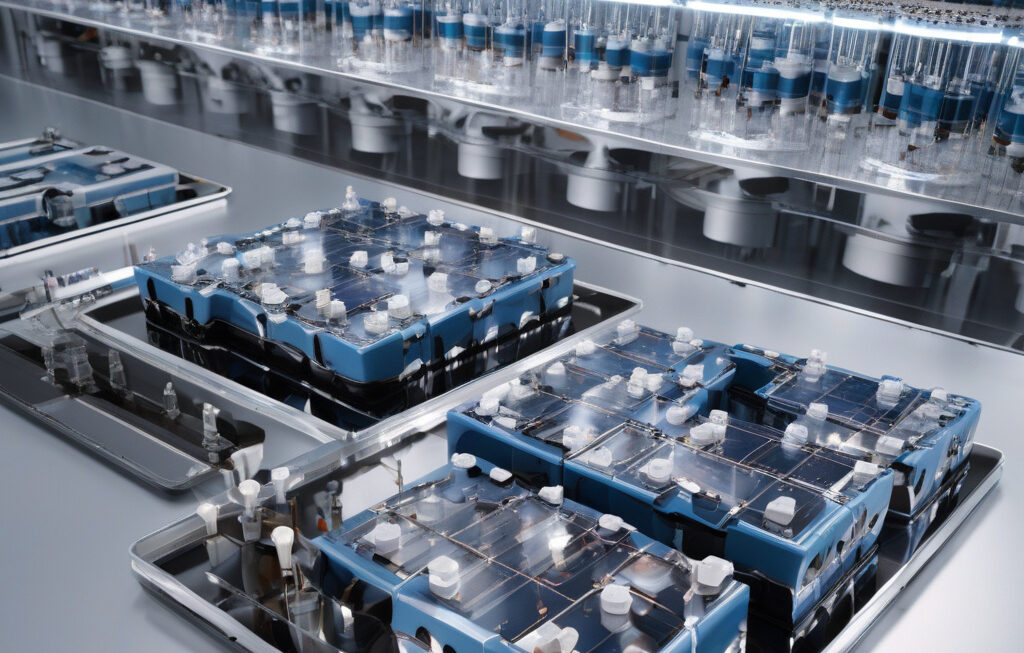Ford Claims Lithium-Manganese EV Battery Will Unlock Greater Ranges at Low Costs
A Michigan-based automobile giant has achieved a breakthrough in electric vehicle battery technology. The achievement comes in the form of a cutting-edge lithium-manganese battery that promises to revolutionize the EV industry. Ford, a name synonymous with innovation in the automotive sector, has once again raised the bar with this latest development.
The new lithium-manganese battery is set to address one of the most significant concerns surrounding electric vehicles – range anxiety. By leveraging this advanced battery technology, Ford aims to significantly increase the driving range of its electric vehicles, providing consumers with a practical and cost-effective alternative to traditional internal combustion engine vehicles.
One of the key advantages of the lithium-manganese battery is its enhanced energy density. This means that the battery can store more energy in a smaller and lighter package, allowing for an extended driving range without the need for frequent recharging. As a result, consumers can enjoy the convenience of longer trips without being tethered to charging stations.
In addition to greater range, Ford’s lithium-manganese battery also offers cost benefits. The use of manganese, an abundant and affordable material, helps reduce the overall cost of the battery. This cost-effectiveness is crucial in making electric vehicles more accessible to a wider range of consumers, ultimately accelerating the transition towards a greener future.
Furthermore, the durability and longevity of the lithium-manganese battery are expected to outperform traditional lithium-ion batteries. With a longer lifespan and improved performance over time, consumers can expect lower maintenance costs and a more sustainable driving experience.
Ford’s commitment to innovation and sustainability is evident in its investment in advanced battery technologies. By continuously pushing the boundaries of what is possible, the company is not only driving progress within the EV industry but also contributing to global efforts to reduce carbon emissions and combat climate change.
The introduction of the lithium-manganese battery underscores Ford’s vision for a future where electric vehicles are the norm rather than the exception. With this groundbreaking technology, the company is poised to lead the charge towards a more sustainable and efficient transportation ecosystem.
In conclusion, Ford’s development of the lithium-manganese EV battery represents a significant milestone in the advancement of electric vehicle technology. By offering greater ranges at lower costs, this innovative battery paves the way for a more accessible and environmentally friendly future of transportation. As Ford continues to push the boundaries of innovation, the possibilities for the EV industry are indeed electrifying.
Ford, EV, Lithium-Manganese, Battery Technology, Sustainability












